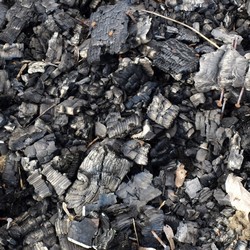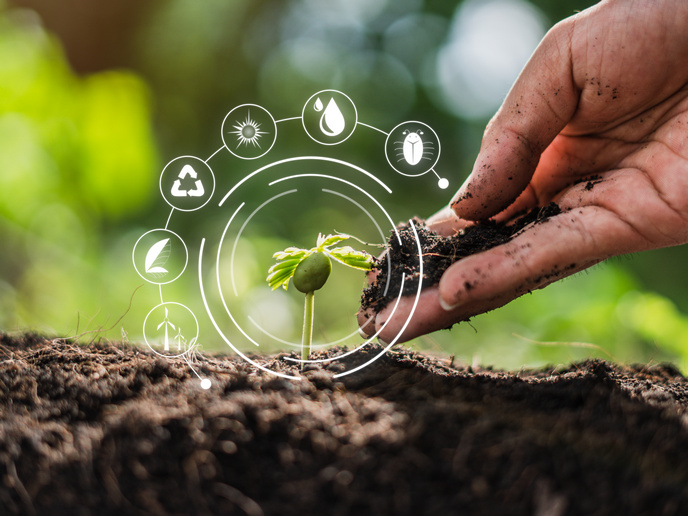The value of biochar investigated
Biochar, or charcoal made from biomass waste, has the potential to greatly improve soils while also sequestering carbon waste. However, there is little evidence for the value of biochar for Mediterranean soils, and the effect of polyaromatic hydrocarbons (PAHs) in biochar is unknown. To answer these questions and promote use of biochar in the Mediterranean, the EU-funded BIOCHARISMA(opens in new window) (Sustainable use of biochar in Mediterranean agriculture) initiative assessed the effect of biochars on soil quality and plant growth, and measured the impact of PAHs in the soil. Researchers began by creating biochar from isotope-enriched sewage sludge and organic carbon waste, and comparing its properties with non-isotopically labelled biochar. They found that there were no differences, and thus the labelled biochar could be used to study its effects in the soil. At the same time, researchers showed that the method used to produce biochar had an effect on the chemical composition of the final product. Using biochar in greenhouses improved plant germination rates and soil fertility, with the best effects coming from biochar sourced from sewage. This is likely due to high concentrations of minerals, nitrogen and phosphorus. In field experiments, plants grown with biochar showed improved shoot development and were better able to resist arid conditions. Analysing biochar residue collected from the field showed that the method used to create biochars determined the concentration of PAHs present. BIOCHARISMA has increased the body of knowledge around biochars, and in particular provided evidence of their usefulness in the Mediterranean. This will pave the way for more informed use of biochars and increase the overall sustainability of EU agriculture.







